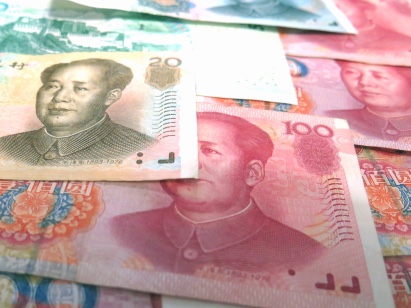China’s big plan
The People’s Bank of China (PBOC) is preparing to become the first major central bank to issue a digital version of its currency — the yuan, seeking to be abreast with and in control of an evolving economy.
Unlike cryptocurrencies such as Bitcoin, payments with the digital yuan will not be totally anonymous, and its value will be as stable as the physical yuan.
WHY IS THE CENTRAL BANK DOING IT?
There are important regulatory and political considerations why implementing a digital currency in China today, when electronic payment methods are so developed, may be advantageous.
The release of the currency would help to protect the country’s monetary sovereignty and legal currency status.
THE DIGITAL YUAN WOULD BE AS SAFE AS BANKNOTES ISSUED BY THE CENTRAL BANK
It can also be used with China’s major platforms WeChat and Alipay. And the advantage of the currency issued by the central bank over the currencies of these platforms is that the digital yuan is guaranteed by the country’s authorities, so there is no risk of users losing money in the event that WeChat or Alipay announce bankruptcy.
Facebook’s cryptocurrency, the Libra, may be another reason for the launch of the digital yuan. The Libra, tied to fiat currencies, could disrupt the efforts made by the country’s authorities regarding capital controls.
NOT A CRYPTOCURRENCY?
Bearing some similarities to Facebook’s Libra, the digital yuan is another project which cannot be truly considered as a cryptocurrency.
To verify and record transactions, cryptocurrencies use decentralized, online ledgers known as blockchain, supporting anonymous transfers without the necessity for a central bank. The digital yuan will more akin to a centralized digital currency. It is more precise to say that the People’s Bank of China is planning to issue a digital currency which will be under a higher-level of control.
THE TOKENS WILL REPLACE CHINA’S NOTES AND COINS CURRENTLY IN CIRCULATION, AND CAN BE USED EVEN WITHOUT AN INTERNET CONNECTION
Time will show how successfully the new currency competes with existing solutions like Alipay or WeChat Pay, considering the current retail payment system in China. It appears that the PBOC digital wallet will be just a wallet, while the existing Alipay and WeChat Pay are deeply integrated into the entire social media world, and used for e-commerce, advertising, paying bills and other purposes.


